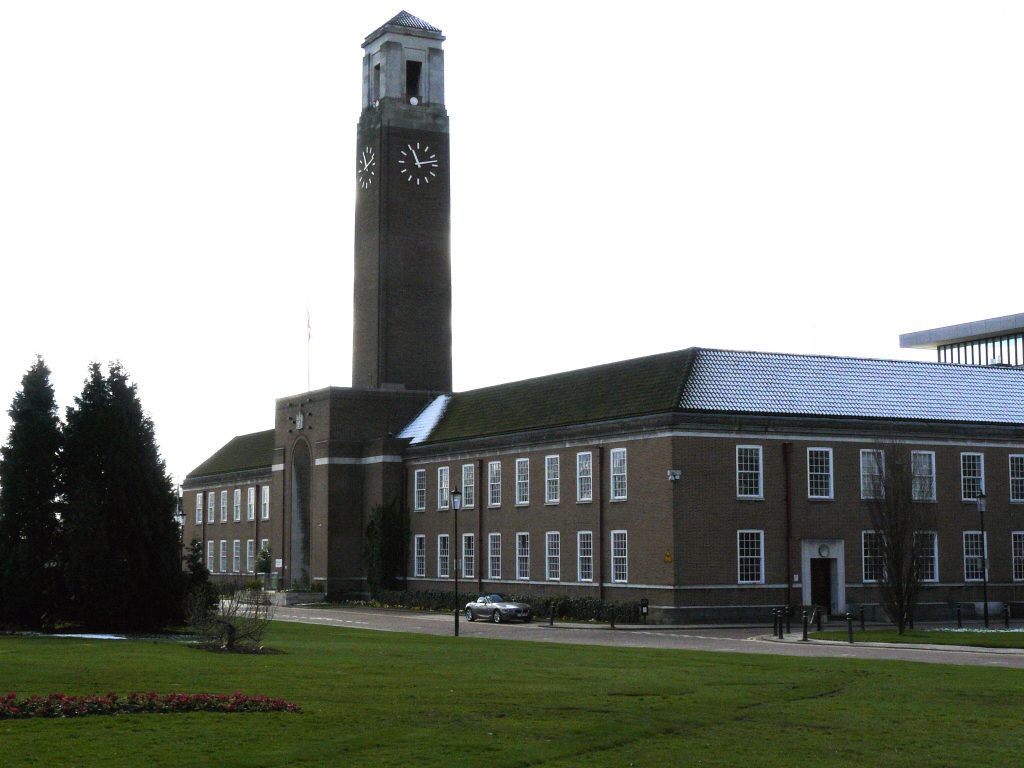
D.A.Howcroft, CC BY-SA 3.0 <https://creativecommons.org/licenses/by-sa/3.0>, via Wikimedia Commons
Local leaders are drawing up ‘savings proposals’ ahead of setting revenue budgets for the upcoming financial year and beyond.
Calculations have estimated that Salford City Council must claw back an estimated £21.8m over two years.
This breaks down as £10.5m in 2022/3 and £11.3m in 2023/4.
Mayor’s Thoughts
These cuts come despite £222m of cuts since the Tory’s returned to government in 2010/11, as Salford Mayor Paul Dennett tweeted.
Despite us being told that austerity is over by the Tories, councils in GM are still being forced to cut millions to set a balanced budgets for 2022/23.
In Salford, despite having cut £222m since 2010/11 we’re still forced to cut £10.5m in 2022/23.😡😡👇🏻https://t.co/SSACHOYKOS
— SalfordMayor (@salford_mayor) October 4, 2021
Residents’ Reactions
In reply to Mayor Dennett’s tweet, Anthony Shawcross said:
“So many residents blame the Council, however if they knew the services, volume and costs they provide (particularly social care and how no preventative services impacts) – i think it would be different. IMO, LA’s should be more transparent and informative to residents about that.”
Another Twitter user, Andrew Behan, responded to criticise the government.
Absolutely disgraceful from this Tory Government. #LevellingUp ? Definitely Not.
— andrew behan (@andrew_behan) October 4, 2021
Impact on Salford
Speaking to the Manchester Evening News, Salford Council’s lead member for finance, Labour’s Bill Hinds, said that the Council will do all they can to avoid impacting services and jobs.
Also, Councillor Hinds said that the Council is currently reviewing feedback on the priorities of local people that will come for consideration as part of the development of the budget proposals.
The Council faces an anxious wait for Chancellor Rishi Sunak’s autumn budget, which should give them some clarity on the financial situation for these local councils.
Providing details such as how much government funding they will receive and what their tax-raising powers will be.
The Council’s ‘budget gap’ will be partially closed through council tax, business rates, and income from fees charged for certain town hall services.
The use of reserves is another option to help achieve the balanced budgets required of local Councils by law.
However, they will hope for an additional cash injection from the government to avoid using those reserves.
All of this is ahead of the confirmation of Local Government Finance Settlement in December, with councils expecting a three-year deal.













Recent Comments